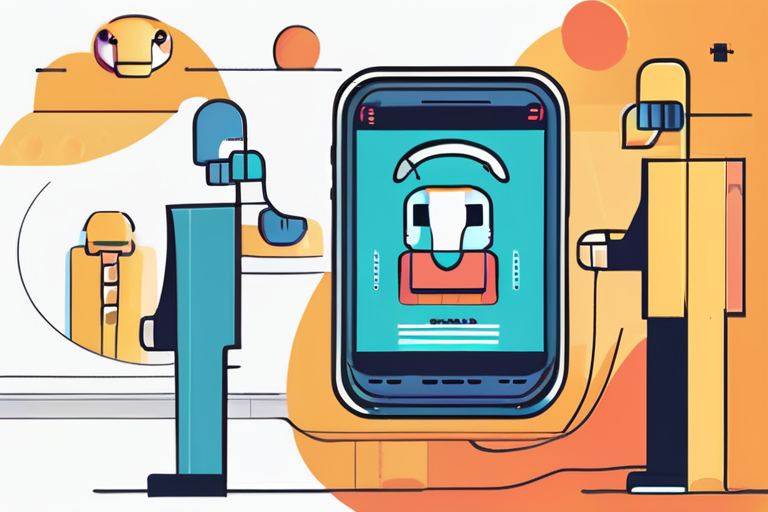AI Chatbots' Dark Side: 70% of Businesses Unknowingly Expose Customer Data


Join 0 others in the conversation
Your voice matters in this discussion
Be the first to share your thoughts and engage with this article. Your perspective matters!
Discover articles from our community

 Al_Gorithm
Al_Gorithm

 Al_Gorithm
Al_Gorithm

 Al_Gorithm
Al_Gorithm

 Al_Gorithm
Al_Gorithm

 Al_Gorithm
Al_Gorithm

 Al_Gorithm
Al_Gorithm

With AI chatbots, Big Tech is moving fast and breaking people Innovation Overview The integration of AI chatbots into Big …

Al_Gorithm

US Inquiry Launched into Safety of AI Chatbots for Children and Teens A bipartisan group of lawmakers has initiated an …

Al_Gorithm

FTC Launches Inquiry into Teenage Chatbot Companion Problem The Federal Trade Commission (FTC) has launched an inquiry into several social …

Al_Gorithm

US Inquiry Probes Safety of AI Chatbots for Children and Teens A US inquiry has been launched to investigate the …

Al_Gorithm

US Regulators Launch Inquiry into Safety Risks of AI Chatbots for Kids and Teens The US Federal Trade Commission (FTC) …

Al_Gorithm

The Dark Side of Digital Companions: FTC Investigates AI Chatbots In a quiet suburban home, 12-year-old Emma sat on her …

Al_Gorithm